When a Singaporean tries fighting mosquitoes in Beijing
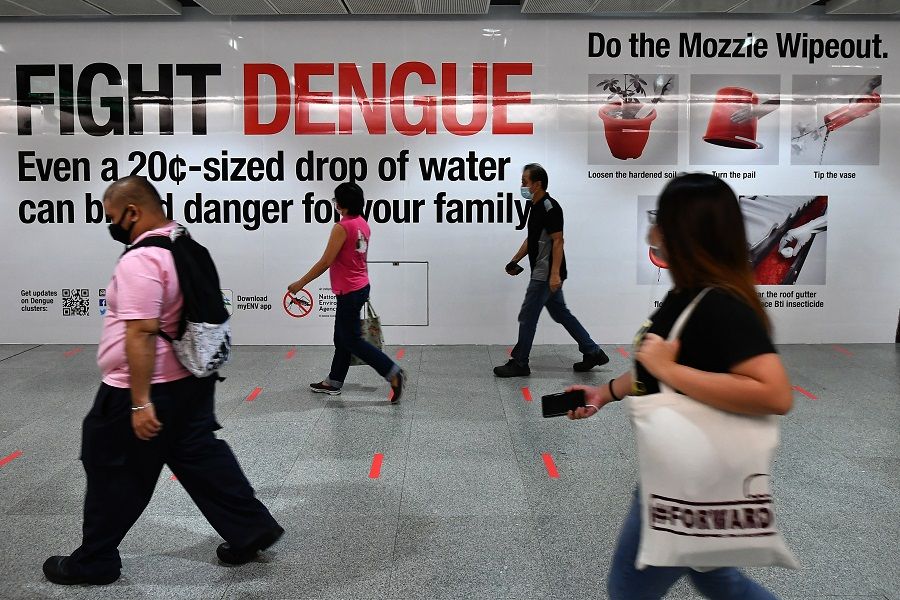
In June this year, a burglar broke into a residential compound in Fuzhou, Fujian province, southeastern China. For some reason, the brazen intruder actually spent a night sleeping in the burgled house.
The police were able to solve the case using the most unlikely evidence at the crime scene: two tiny blood stains on the wall. The suspect had killed some mosquitoes while inside the house, and he was identified by the DNA extracted from the blood stains left by the dead mosquitoes.
World's deadliest animal
In the depths of Beijing's cold harsh winter, the equator child in me longed for summer as I grudgingly piled on layer after layer of clothes. After nearly six months, those bleak and dreary days are finally over. Summer is here at last! But so are the deadliest animals on the planet: mosquitoes.
Yes, you read that right. These annoying and elusive creatures that are barely half an inch long cause 725,000 to 1 million deaths a year, according to various reports. The second deadliest animal, snakes, kill a staggering 50,000 humans a year, but still pales in comparison with the pesky mosquito.
Growing up in Singapore where dengue, a mosquito-borne viral disease, is endemic, I am constantly warned about the dangers of these insects, from the large ominous banners in public areas that designate a particular neighbourhood a dengue green, yellow or red zone depending on the number of dengue cases, to the ubiquitous National Environment Agency (NEA) posters and commercials reminding people to pour away any stagnant water. Even today, the enlarged, close-up image of the Asian Tiger mosquito on a poster in the MRT station is still firmly imprinted in my mind.
As soon as I saw the water-logged pots, my mosquito alarm went through the roof.
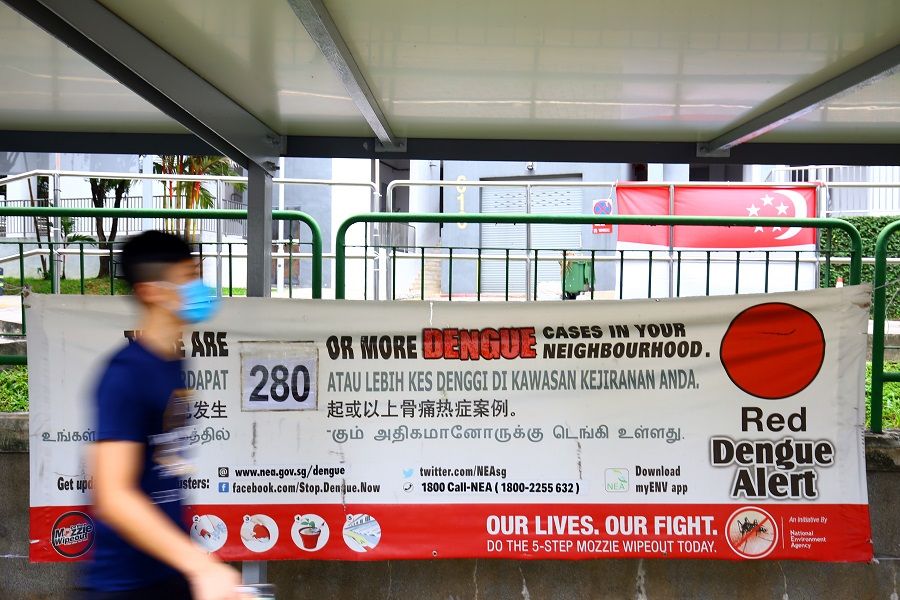
Hence, imagine my surprise when I discovered dozens of artificial flower pots flooded with stagnant water at the entrance to my residential compound last summer. It had poured for a few days in mid-July last year, and the rainwater accumulated in the pots set up by our residential management committee to beautify the environment.
As soon as I saw the water-logged pots, my mosquito alarm went through the roof. I let the discovery slide for a few days thinking that the cleaners would attend to it soon. However, I was horrified to see that the water was still there a week later, with a few adult mosquitoes laying quietly on the surface and numerous tiny white larvae squiggling beneath the surface. Even though I have long been taught that mosquitoes breed in water, it was in fact my first time seeing mosquito larvae in person.
One mosquito can lay 100 eggs
Shocked and disgusted, I immediately notified the estate management, which assured me that the issue would be resolved, but to my dismay, the stagnant water and their abhorrent occupants were still there the next day.
I was furious with the inefficiency and nonchalance of the estate management towards what I perceived to be a very serious problem. I tried to tip the pots to discard the water but they were nailed into the wooden shelves. Armed with photos and videos of the atrocity, I marched into the estate management office to see the manager.
I stressed that it was an urgent situation because between now and their afternoon meeting, countless pupae could mature into adult mosquitoes.
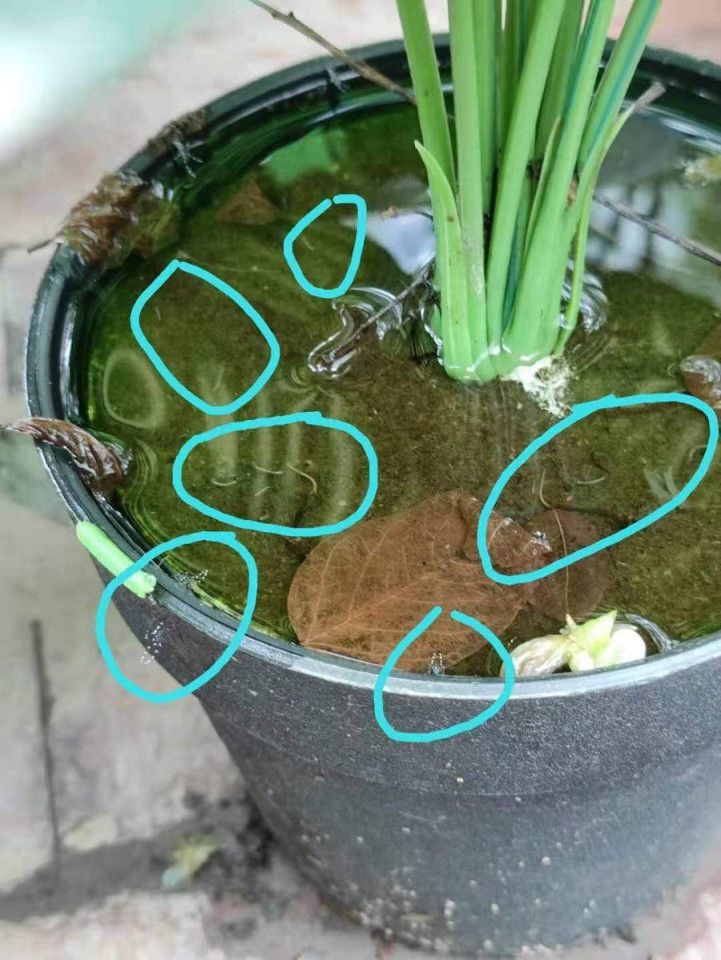
The dispassionate receptionist said, "Oh, you're the one who called about the mosquito. Well, we can only take action after our meeting with our manager this afternoon."
I adamantly said, "No, you have to ask your manager now. This is a straightforward problem with a clear-cut solution. Clear away the water at once." I stressed that it was an urgent situation because between now and their afternoon meeting, countless pupae could mature into adult mosquitoes.
I added, "My son is allergic to insect and mosquito bites. Will you take responsibility if he develops a severe allergic reaction after being bitten in our compound?"
I was fully aware and slightly ashamed of how entitled and demanding I sounded, but I stood firm because I believed that nipping the problem in the bud would benefit everyone in our compound for the next few weeks, considering that one adult mosquito can lay up to 100 eggs at a time, and the life cycle of a mosquito can be as short as eight to ten days.
Eventually, I filed a complaint with the manager, but it still took several more days and a few more complaints before they finally did what I know could be done in a day: discard the water and drill holes into the pots so that they can no longer be mosquito breeding sites.
Since then, I became the self-declared NEA officer of Beijing.
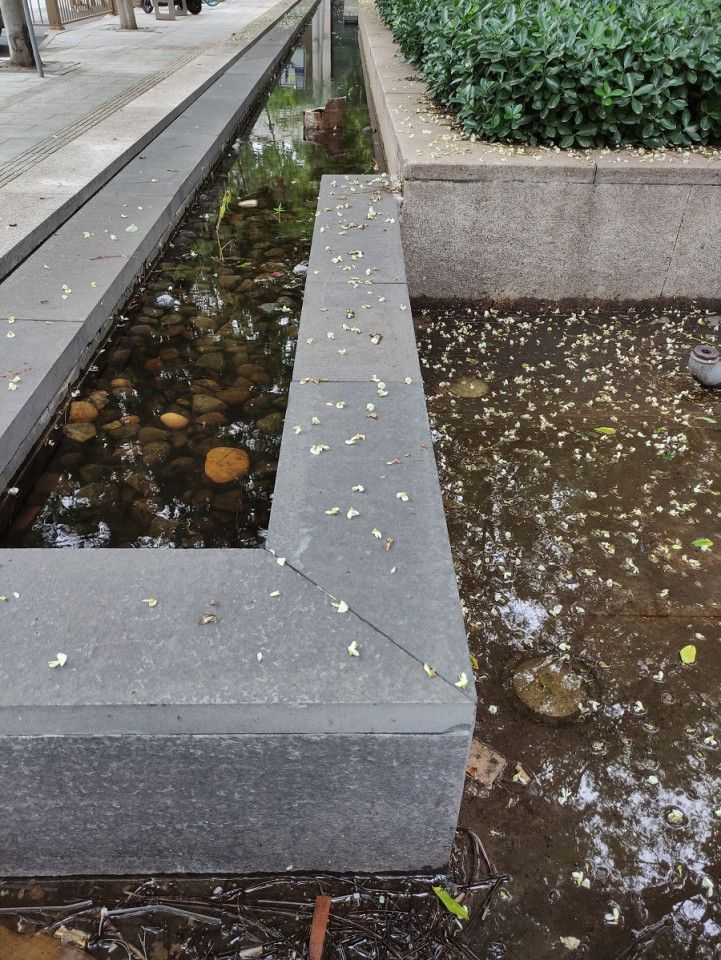
Since then, I became the self-declared NEA officer of Beijing. Wherever I went, I would look out for stagnant water and scrutinise them for signs of mosquito larvae and pupae.
Once, I found them in an unused part of a water feature in a shopping mall and showed the videos of the wriggling larvae to the shopping mall concierge. However, judging from their expressions, they did not understand why I was so anxious about it, just as I could not wrap my head around their indifference.
The differences in our environment and the ways we were brought up mean that different groups of people give priorities to different problems.
Different environments, different problems
Soon, winter rolled around and I understood why. These pests die when the weather turns dry and cold. While the eggs survive by laying dormant until the next spring, they are not a nuisance for the next six months. To the locals, the mosquitoes are just part and parcel of summer.
While they can be irritating, there is no need to spare so much effort to eradicate them because they would naturally die out in a few months. Thus, the dengue virus that has plagued Singapore year after year is non-endemic in China, as with other deadly mosquito-borne diseases such as yellow fever and the Zika virus disease. Furthermore, China has also been certified malaria free by the World Health Organization last year.
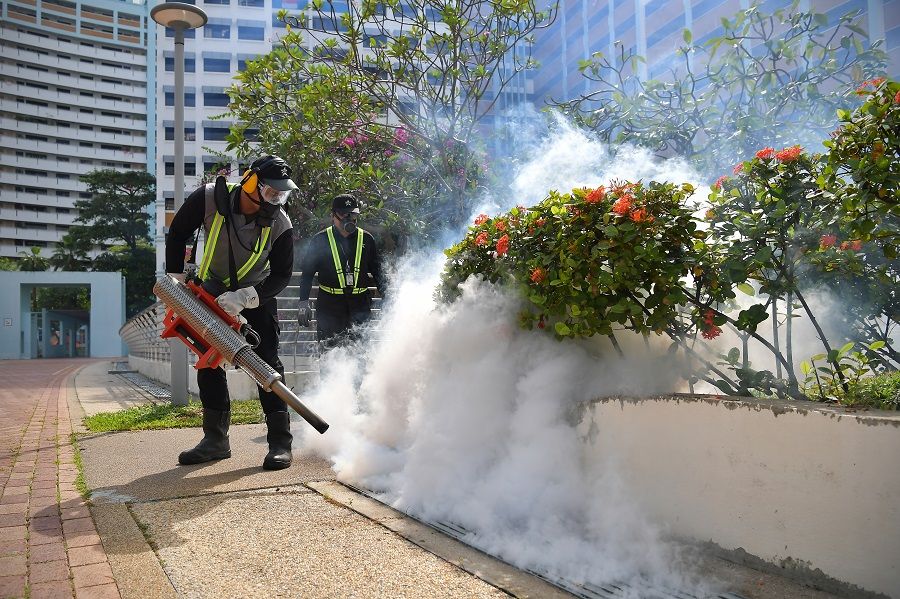
The differences in our environment and the ways we were brought up mean that different groups of people give priorities to different problems. For a tropical country such as Singapore where mosquito-borne diseases claim a number of lives every year, its citizens would be more vigilant about mosquito-related issues.
In contrast, the Chinese would prioritise other health issues that Singaporeans may not. We may be annoyed or even alarmed at the difference, but there is no need to judge one another for it.
Nevertheless, I patrolled my residential compound during summer this year and reported two mosquito breeding sites to the estate management. The mosquitoes may not be vectors of deadly viruses in Beijing, but we should not be complacent because the warming climate and increased frequency of rain showers are facilitating the spread of mosquitoes and the diseases they carry worldwide.
